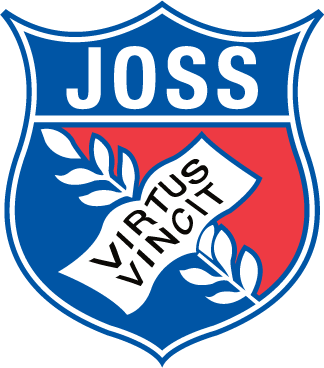Academic Honest Policy
JOHN OLIVER STUDENT ACADEMIC HONESTY POLICY
John Oliver Secondary School aspires to develop honest, ethical, and accomplished students, capable of being responsible citizens in Canadian society.
Students’ educational achievement and abilities in their subjects of study should reflect honestly acquired knowledge, competencies, and skills.
Students who participate in any dishonest activities that undermine the integrity of their educational achievement at John Oliver are serving neither their own nor society’s best interests.
The staff and administration at John Oliver Secondary are committed to ensuring that the integrity of student educational achievement is maintained.
Examples of dishonest activities include:
- looking at another student’s exam papers prior to or during an exam
- bringing concealed information into an exam
- acquiring and/or distributing an exam, or information on exam questions, that may be expected to be given by a teacher on a future occasion
- using electronic devices (Ex. phones, iPods) to access or distribute information for use during a test/exam, project, or presentation
- plagiarizing/copying material from other students, from the internet, from other printed material, from a tutor or from other resources without appropriate referencing
- helping others to cheat on assignments, tests, exams, or other schoolwork
- altering or forging notes, documents, or grades
Consequences of academic dishonesty:
If a student violates the school’s Academic Honesty Policy, the student will be held responsible, and a range of possible consequences will be imposed. Such consequences may include a warning, or “0” for the work submitted, or tested with no re-submission; a denial of awards, scholarships, or letters; or a suspension or transfer from the school.

